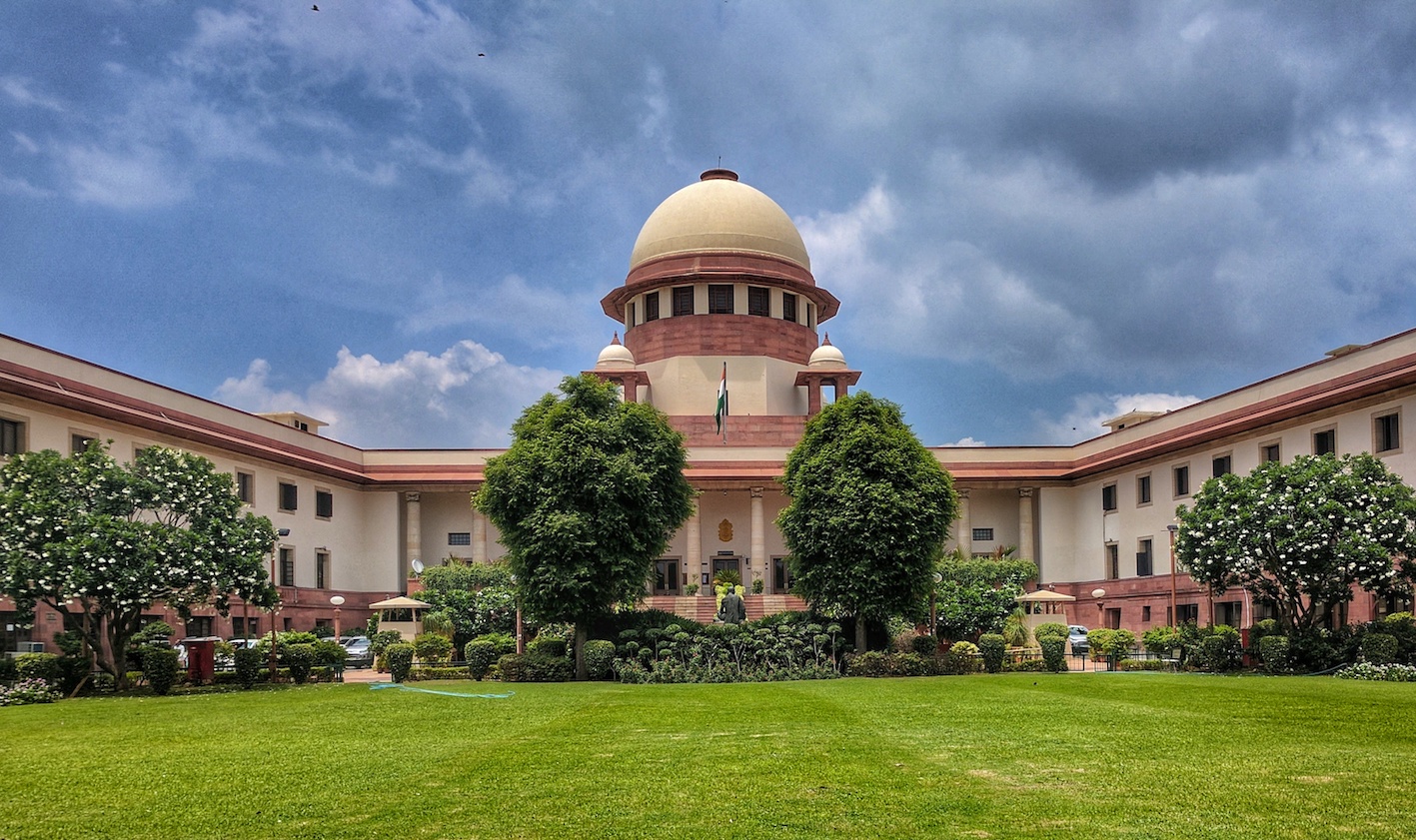Courts have no powers to alter the Presidential order on Scheduled tribes: Supreme Court
Power to include or exclude, amend or alter the Presidential Order is expressly and exclusively conferred on and vested with the Parliament was opined by the Supreme Court while reversing the judgment of Bombay High Court in the case of State of Maharashtra vs. Keshao Vishwanath Sonone [Civil Appeal no. 4096 of 2020] by the bench comprising of Hon’ble Justice Ashok Bhushan, Justice R. Subhash Reddy and Justice MR Shah.
In the above stated case, Bombay HC had given the judgment that “Gond Gowari” tribe was completely extinct before 1911 and no trace of it was found either in the Maratha Country of C.P and Berar or in the State of Madhya Pradesh prior to 1956 and there did not exist any tribe as “Gond Gowari” as 28th item in entry no.18 of the Constitution (Scheduled Tribes) Order, 1950 in relation to the State of Maharashtra and it was “Gowari” community alone shown as “Gond Gowari”. SC observed that the HC had referred on the constitutional bench judgment of B.Basavalingappa vs. D. Munichinnappa and Ors, [AIR 1965 SC 1269]. Appeal was then being filed in the Supreme Court in against of the judgment passed by HC by State of Maharashtra.
There were few issues raised in the argument regarding the decision of the High Court such as:
- Whether the ratio of the judgment in Basavalingappa vs. D. Munichinnappa, permits the High Court to take evidence to find out whether ‘Gowari’ are ‘Gond Gowari’?
- Whether High court had powers to give the judgment regarding tribe conflict?
Supreme Court analyzed the issues and gave the judgment that “Gond Gowari tribe had been extinct before 1911 is not supported by the materials which were on record before the High Court” and “The caste ‘Gowari’ is not the same as ‘Gond Gowari’. The High Court could not have granted declaration of caste ‘Gowari’ as ‘Gond Gowari’”.
While giving the final judgment, Supreme Court stated that the power to include or exclude or amend and alter the presidential order has not been given to the courts and is only been vested to the Parliament and further included that “Courts should not extend jurisdiction to deal with the question as to whether a particular caste or sub-caste or group or part of tribe is included in any one of the entries mentioned in the Presidential Order”.
Therefore, the Supreme Court held that a High Court cannot look into the evidences to find out and decide that a particular tribe is part of Scheduled Tribe which is included in the Constitution (Scheduled Tribes) Order, 1950.
Hence, the caste ‘Gowari’ and ‘Gond Gowari’ are two distinct and separate castes, and set aside the Bombay High Court judgment that had held that the “Gowari” community cannot be denied benefits of a Scheduled Tribe status.





